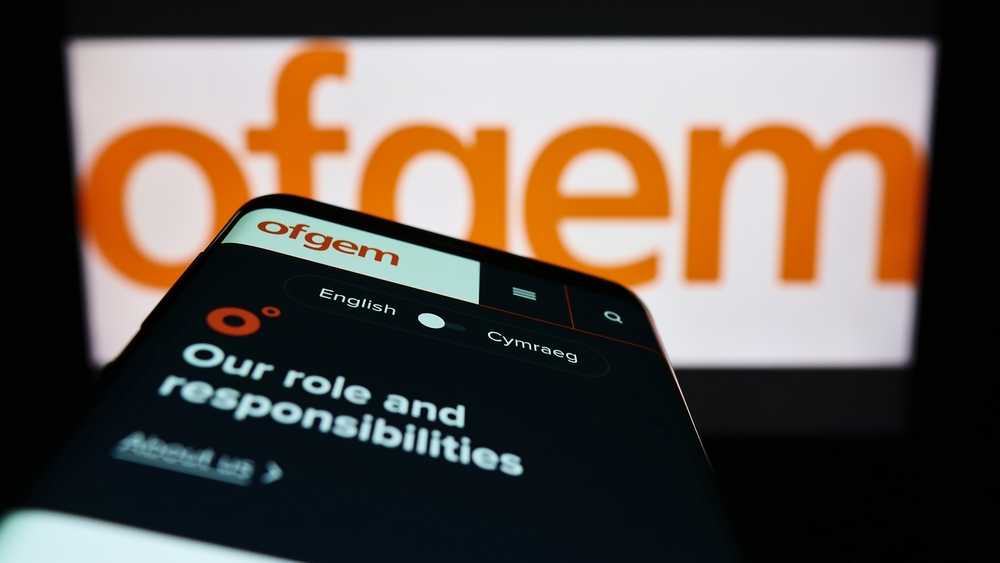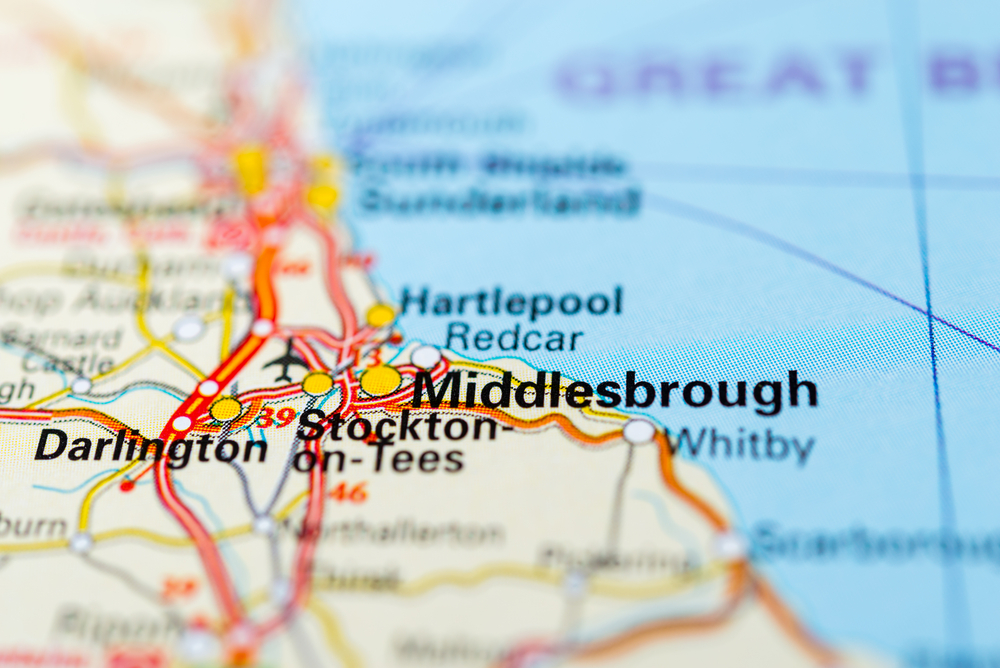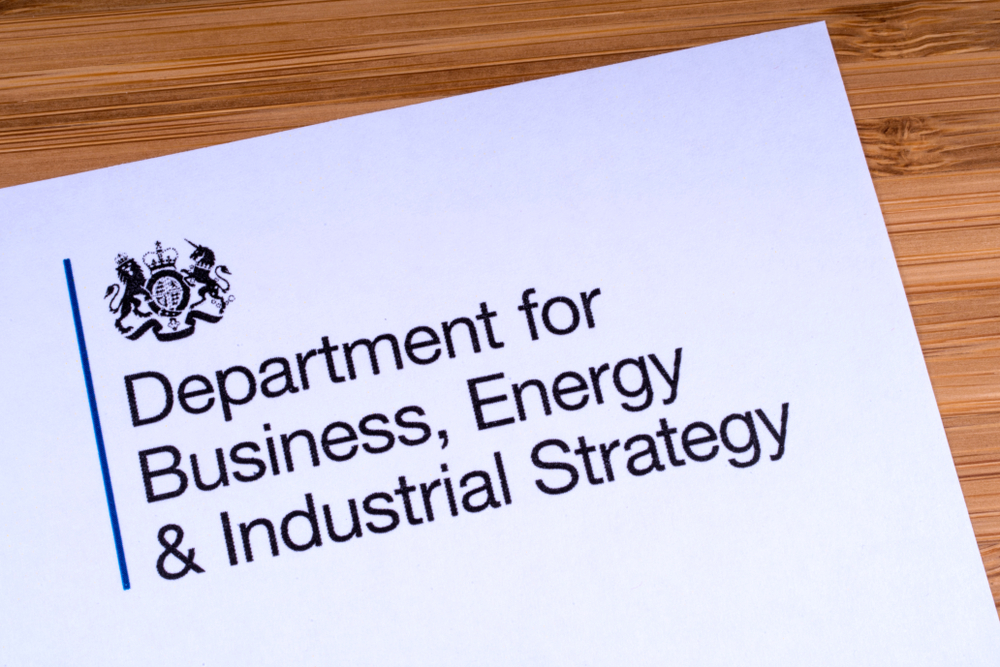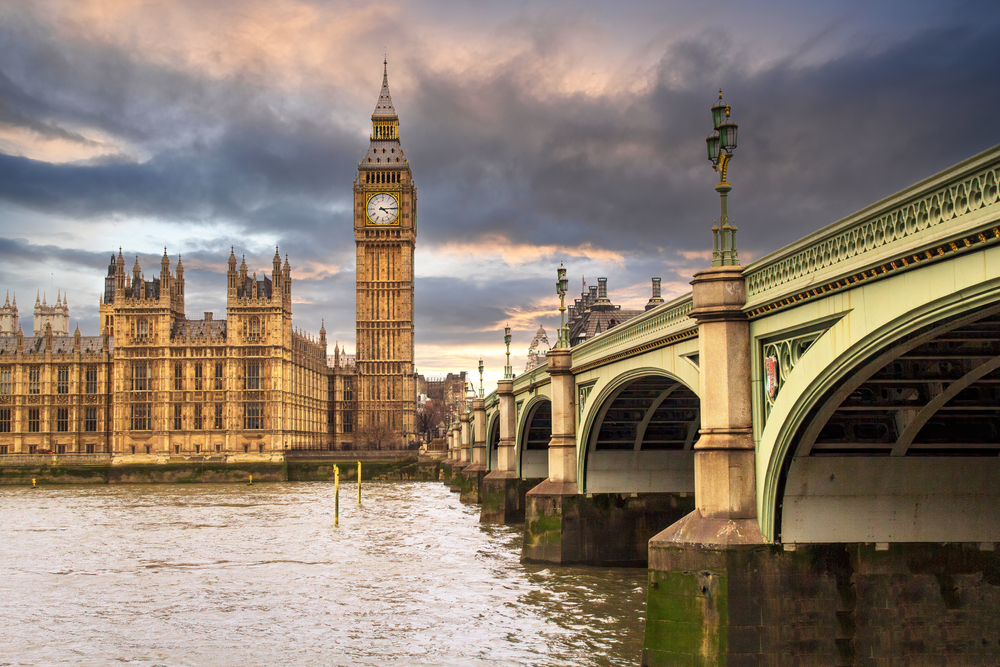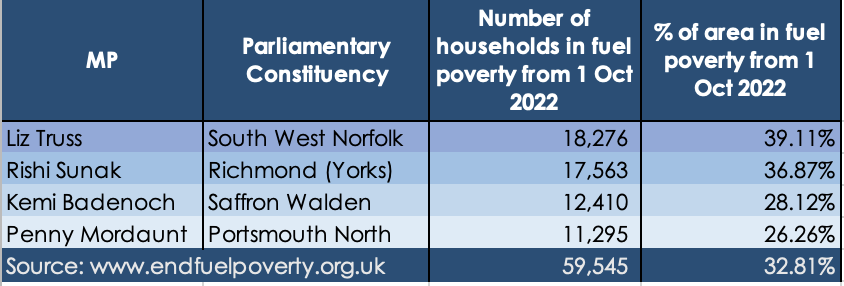End Fuel Poverty Coalition members have reacted to news that Ofgem has confirmed the price cap will increase from £1,971 to £3,549 from 1 October 2022. In winter 2021/22 the cap was set at £1,277.
For pre-payment meter customers, the rise will be even more punishing with the average annual bill for these 4.5 million customers due to go up to £3,608.
In response, a new campaign backed by the End Fuel Poverty Coalition, Warm This Winter, has launched a petition to call for urgent Government action.
A spokesperson for the End Fuel Poverty Coalition commented:
Today’s Ofgem price hike is like a dagger to the hearts of millions of people up and down the country.
Sarah MacFadyen, Head of Policy & External Affairs at Asthma + Lung UK, said:
Ofgem’s latest energy cap price hike risks pricing people with lung conditions out of breathing. Winter is already the deadliest season for people with lung conditions, and the cost of living increase will only make this worse and put seismic pressure on the NHS at a time where people, especially those with lung conditions, need it more than ever.
Cold air is a top trigger for people living with lung conditions like asthma and COPD, leaving people fighting for breath. Cold weather can also contribute to mould and damp – a trigger for around 2.5 million people with asthma in the UK. The best way for people with lung conditions to stay well is to ensure they take their medication and keep their houses warm, but rising costs could leave people choosing to skip their medication or turn off their heating.
As a charity we’re already seeing a 150% spike in calls to our helpline for support with financial and welfare benefits advice, and we’re worried that as energy prices rise we’re going to see a sharp decline in the country’s lung health this winter. With the triple threat of freezing homes, colds and flu, and expected COVID-19 peaks, we’re running the risk of yet another major healthcare crisis. As part of the End Fuel Poverty Coalition, we’re calling on the UK government to provide more financial support for people with long-term health conditions and on low incomes, so they can afford to keep their homes warm this winter.
Graham Duxbury, Groundwork’s UK Chief Executive, said:
As a charity that supports people living in fuel poverty, we are alarmed at the volume of requests for help that are coming through. With more price rises due over the winter, we are deeply concerned that those most vulnerable won’t have access to help they desperately need.
The latest forecasts make it clearer still that urgent action is needed to help people cope with this worsening crisis which will lead to unprecedented hardship.
Energy companies, charities and independent experts all agree that the measures in place are not enough. As well as more emergency financial support and a long-term commitment to improving the energy efficiency of our homes we also need more – and better coordinated – advice. Groundwork’s Green Doctor service is one of many trying to help people through practical advice and emotional support, but these services are too often reliant on short-term funding with complex rules.
What we need is simpler, more stable funding models so that we can help those worst off to make best use of the help they’re getting and preserve as much warmth as they can this winter, but also help those who are being pitched into fuel poverty for the first time.
Ruth London from Fuel Poverty Action, added:
These astronomical price rises are completely unnecessary. Energy costs no more to produce than it did last year. People will go without food to pay these bills, while the energy generators and suppliers make a killing: our money goes straight into wealthy shareholders pockets, and into further investment in expensive, polluting, and climate-wrecking oil and gas. The government is adding to this heist by increasing the millions of pounds they daily pay in subsidies to fossil fuel giants while offering only sticking plasters to UK residents.
They must urgently insulate homes, switch to cleaner, cheaper renewable sources of energy, and reverse the gross injustices of the present pricing framework, including high prepayment prices, high standing charges, and more.
Fuel Poverty Action is advocating Energy For All – a completely new pricing system, where every household will receive, free enough energy to cover basic needs. It will be paid for by higher prices for profligate energy used, windfall taxes, and an end to fossil fuel subsidies. Our petition, with over 408,000 signatures will be delivered on 19 September.
Ofgem has not been protecting customers, and with the Good Law Project we are challenging their priorities. Without radical change, many more thousands will die this winter in cold homes.
Following reports that rural areas will be heavily affected by the rising price cap, Richard Quallington, Executive Director of Action with Communities in Rural England said:
The fact rural parts of the country are some of the worst affected is no surprise to us. Much of the housing stock in the countryside is older and more difficult to heat and many households still depend on heating oil which is not subject to the price cap.
This, combined with typically lower rural incomes and the cost of travelling to access jobs and services is creating the perfect storm in the countryside.
The challenge for policy makers is twofold. They need to find ways of getting more financial support to the people who most need it, and this requires more creative localised responses in rural communities. And there also needs to be a longer-term plan for improving the energy efficiency of homes which is suited to the fabric of older buildings. The needs of rural communities cannot be overlooked.
Ross Matthewman, Head of Policy and Campaigns at the Chartered Institute of Environmental Health, said:
Following reports that Ofgem is to announce yet another crippling increase in energy bills, we urgently call on the UK government to intervene to protect millions of households being plunged into fuel poverty this winter.
While we welcomed the government’s Energy Bills Support Scheme, it is apparent that £400 spread over six months is simply not going to be enough to tackle the spiralling cost of energy crisis, with more significant intervention needed.
Not only are we are calling on the government to double the amount of financial support provided to households to protect households this winter but urging them to introduce a raft of energy efficiency measures. Such measures can act both as a means of supporting households most in need right now as well as shielding households from spiralling energy bills in the long-term. Energy efficiency measures also play a key role in fighting climate change and reducing carbon emissions.
The End Fuel Poverty Coalition spokesperson concluded:
As a result of the decision, parents will be unable to feed their children, the sick and elderly will be condemned to worsening health, disabled people will go without vital medical equipment and households will be forced into poverty for the first time in generations.
All the solutions lie at the Westminster Government’s door, yet it is silent in the face of this looming disaster.
We need emergency financial support, especially for the most in need. But we also need reform to Britain’s broken energy system as well as increased support for energy efficiency measures and homegrown renewables.
Further reaction and revised predictions on the levels of people expected to be in fuel poverty will be published by the Coalition in due course.
The Warm This Winter petition can be signed online: https://www.warmthiswinter.org.uk/#petition


